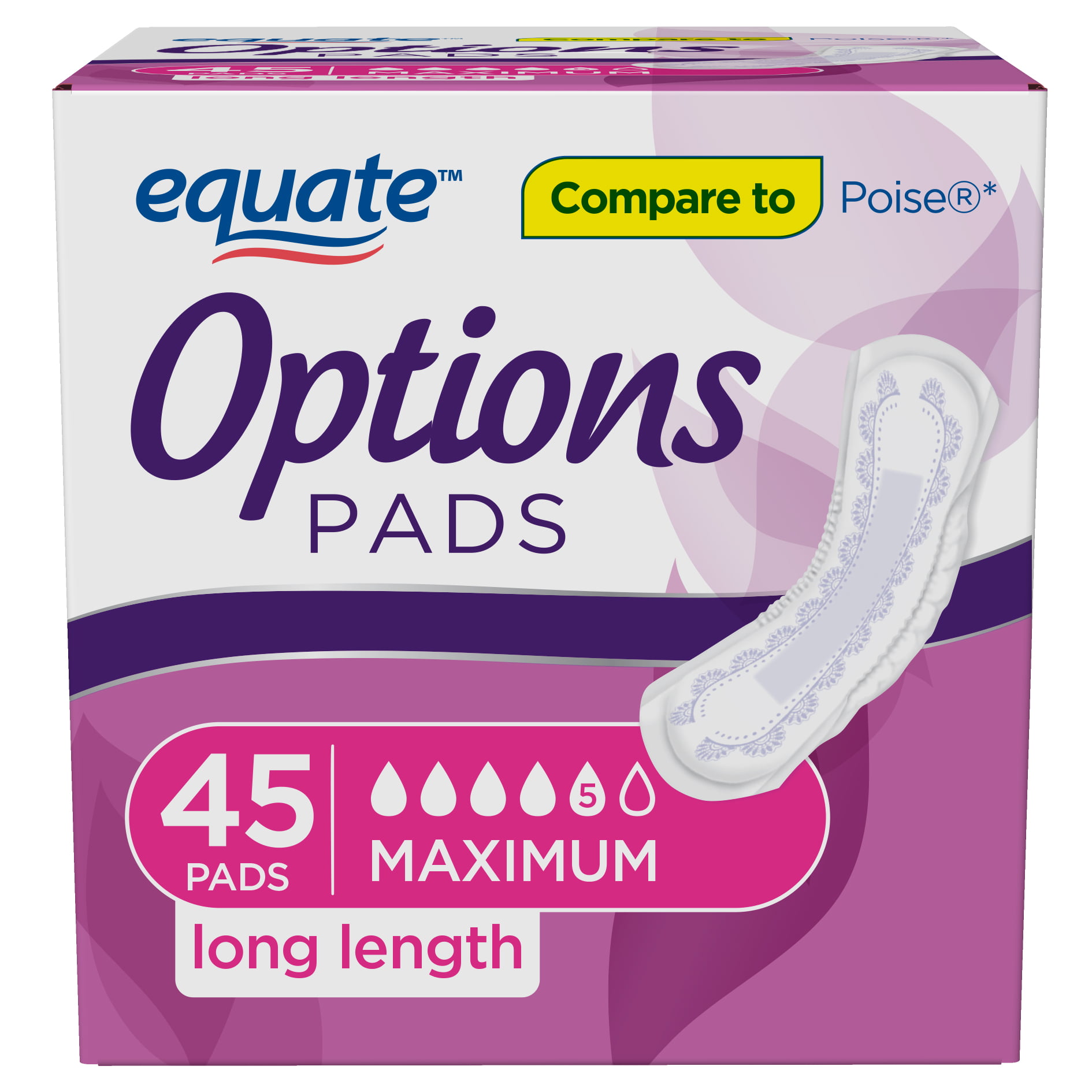
September 6, 2024
Urine Incontinence An Introduction

Therapies That Trigger Hormonal Agent Signs
How do I inform if my hormones are unbalanced?

What Else Can Assist To Reduce Incontinence?
Maintaining a healthy body weight can additionally aid with bladder control. Talk with your healthcare provider concerning the best means to preserve strong pelvic flooring muscular tissues throughout your life. Incompetence of the urethral sphincter device (urethral smooth/striated muscle, connective cells) may arise from nonneurogenic diseases (bladder, urethra, prostate gland) or neurogenic reasons. Because of this, imipramine might be useful for nighttime urinary incontinence. The most usual negative effects of anticholinergics are completely dry mouth and irregularity. An extended-release form taken once daily may trigger less negative effects. The result that HRT carries UI relies on the kind of treatment conducted. Additionally, the patient relearns exactly how to control the bladder and strengthen the included muscles. Urinary system bladder hypocontractility or inadequate lodging of urine throughout storage may bring about regular leak of tiny volumes of urine. Disorder might be caused by urinary tract infection, persistent inflammatory disorders, neoplastic lesions, external compression, and chronic partial electrical outlet obstruction. It additionally aids maintain your bladder and urethra healthy and functioning correctly. They may no longer be able to regulate your bladder as they did in the past. As your estrogen levels remain to drop throughout and after menopause, your UI symptoms may worsen. Estrogens, usually in the type of diethylstilbestrol, are administered to Perineal muscles spayed females.- This decreases the flexibility and stamina of the vaginal area and bordering muscular tissues, decreasing muscle assistance for the bladder and related frameworks, such as the urethra.
- In those instances, your incontinence also usually quits as soon as the problem is treated.
- In patients with dementia, urinary incontinence and urinary system system dysfunction might be due to certain involvement of the areas of the cortex associated with bladder control.
- Pelvic flooring exercises (Kegels) can reinforce muscles and lower signs.
- When you experience leakage problems because of a persistent condition, it's typically something you will certainly need to manage over a longer amount of time.
About Mayo Clinic
From the age of puberty to menopause, hormonal fluctuations can influence the toughness and feature of the pelvic floor muscles, typically causing urinary concerns such as stress urinary incontinence (SUI). A huge part of this is due to pregnancy, childbirth and menopause. Each of these occasions in a woman's life can cause bladder control problems. Maternity can be a short-term reason for urinary incontinence and the bladder control problems generally improve after the infant is birthed. Some females experience incontinence after distribution as a result of the strain childbirth handles the pelvic flooring muscles. When these muscles are deteriorated, you're most likely to experience leakage problems.Social Links